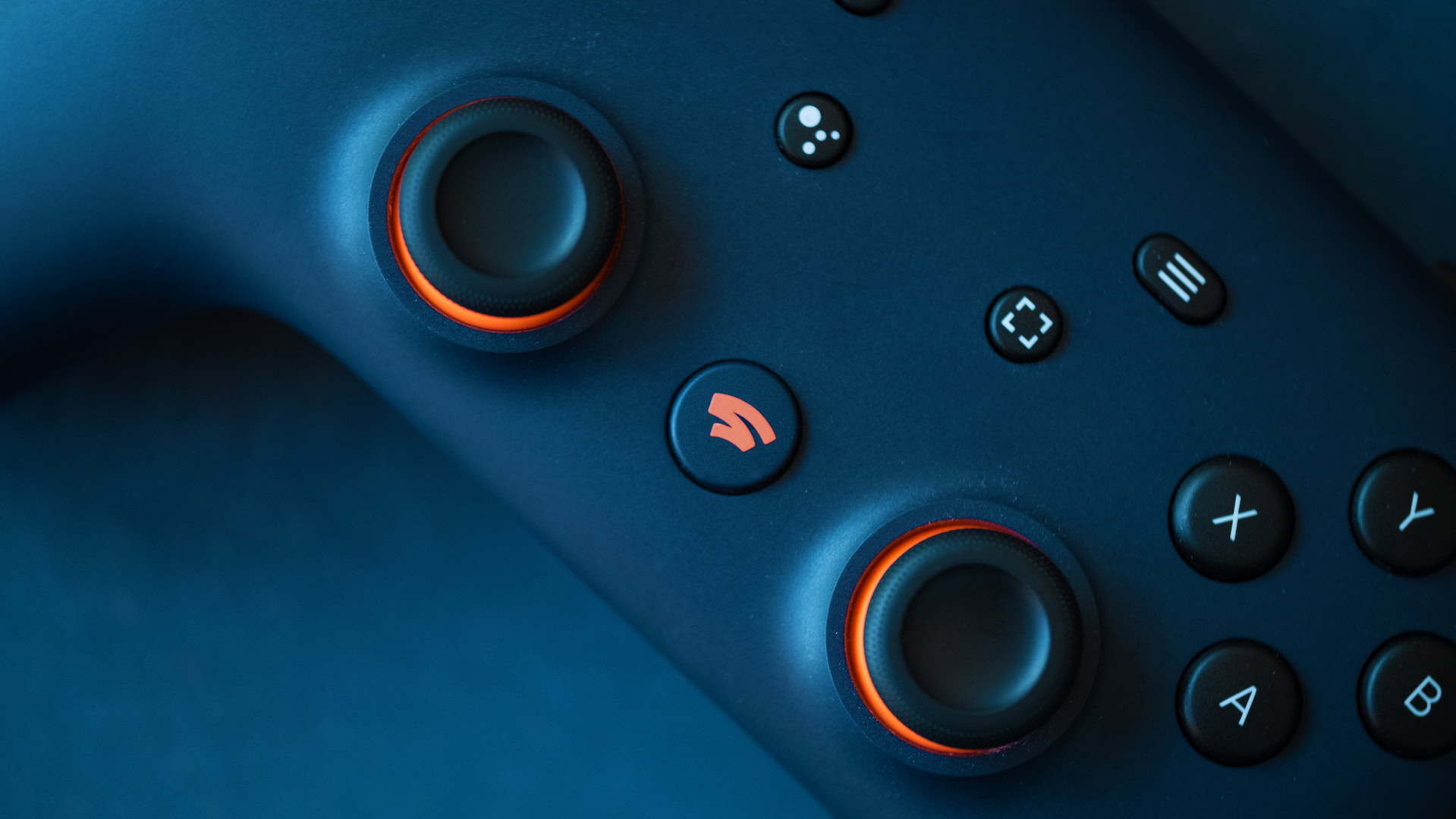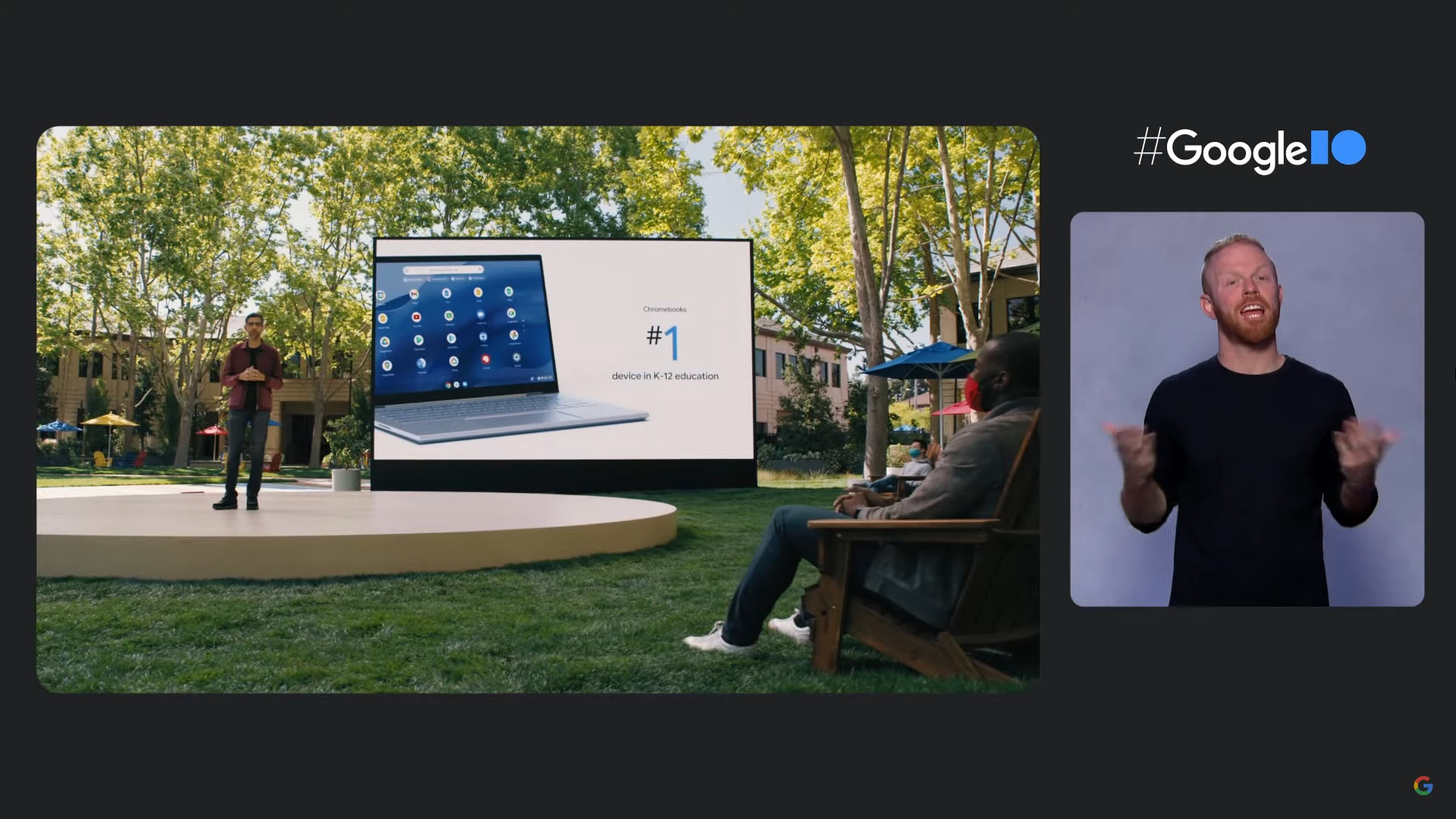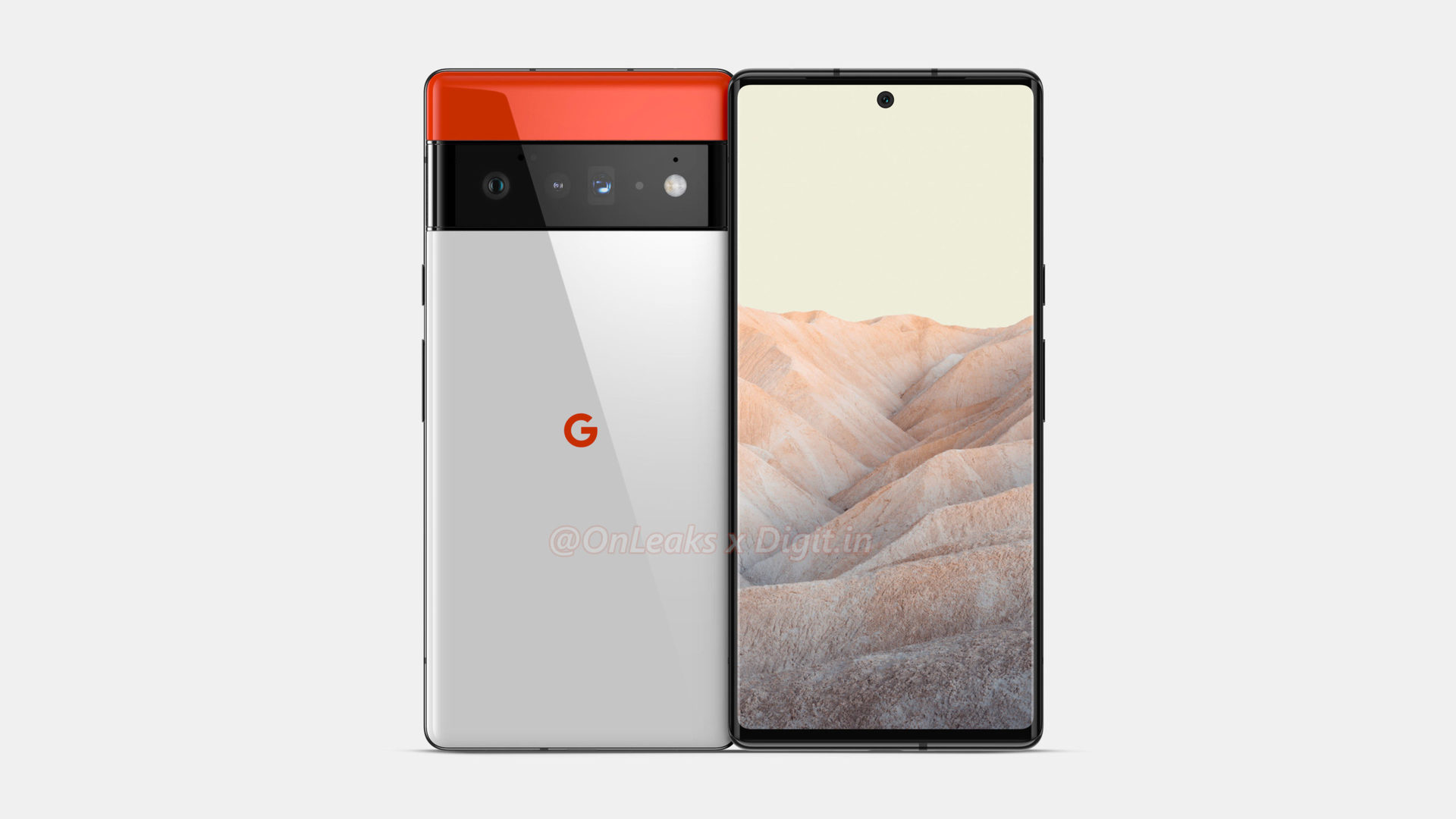Affiliate links on Android Authority may earn us a commission. Learn more.

With the third and final day of Google I/O playing out today, we are still missing pieces of the Google puzzle. Yes, we saw a fresh look for Android 12, along with new features for privacy, the new collaboration between Google and Samsung with Wear OS, new features for apps and services including Google Maps and Google Photos, and a string of more things (maybe) coming one day, like Project Starline.
But what about everything we didn’t see at Google I/O? Unfortunately, a lot of it was exactly the things we were hotly anticipating.
- I’ve already mentioned the lack of the Google Pixel 5a, and the Pixel Buds A, especially the latter which was already announced for a fleeting moment on Twitter.
- The Buds must be ever so close.
But there were bigger omissions too.
My colleague Eric Zeman pieced together what wasn’t:
- Google Stadia. The Google keynote didn’t mention Stadia at all. It’s a largely depressing situation that seems to be more depressing given how little motivation there is for whoever’s left at Stadia HQ.
- Android tablets. Yes, a word about non-smartphone Android functionality might’ve been good. Here’s what Eric wrote: “Google recently provided a new feature to Android tablets — a form factor that feels long forgotten by the search giant. Android tablets now have a media-centric tool called Entertainment Space. Some predicted that Android tablets might gain more functionality at I/O. However, Google didn’t even mention Android tablets other than to note that the new Android 12 design should allow for better experiences on all Google-run devices.”
- Chrome and Chrome OS. No time in the schedule for the world’s most used browser. Now to be fair, a separate session showed off a safer password system to use on Chrome and Android, but that’s not really about Chrome so to speak. Chrome OS was also left out in the cold.
- Whitechapel. Google’s custom in-house processor intended for Pixel devices is in the works, and could power the Pixel 6 series. The keynote could’ve been the launching point for the chip, even if details were scar. By not mentioning it, now we have questions. Google’s either not willing to make it a headline effort, as it did regarding its proposed quantum computer design which it mentioned. Or Google doesn’t want to be known as a chipmaker, and it’s not a primary effort from Google like Apple Silicon is to Apple. It could just be too early, too.
- Guessing Google’s next move is usually an exercise in frustration.
🔜 New evidence suggests Samsung could be working on a rollable phone (Android Authority).
🆕 Another leak points to OnePlus readying a phone without Snapdragon SoC (Android Authority).
👉 Snapdragon 778G announced: A tweaked variant of the Snapdragon 780G, and better than the Snapdragon 768G before it (Android Authority).
🤝 Google’s Fitbit and Samsung collaborations could save Wear OS (Android Authority).
⌚ Apple Watch 7 possible renders show the most prominent redesign in years (Android Authority).
👍 Google is finally finally finally dealing with Drive sharing spam (Android Authority).
🍎 2021 iPad Pro review: More of the same, just way faster: “If [the] predecessors appealed to you, the iPad Pro is worth checking out again this time around. If it didn’t interest you before, though, your opinion is unlikely to change.” Also, the new 12.9-inch display really is great (Ars Technica).
🍏 Apple iMac M1 review: It’s not the iMac to beat — but it is the iMac for most people to buy (The Verge).
⚖ Apple exec Craig Federighi calls the state of Mac malware ‘not acceptable’, though this was more a calculated push for keeping iOS locked down (Engadget).
⚡ Ford F-150 Lightning revealed: An electric truck for the masses, with a deep frunk! The base model with 230 miles of range starts at $39,974, before tax incentives, while the extended-range version starts in the mid-$50,000s and can go about 300 miles with 563Hp thrown in. Top-spec is about $90k. (The Verge).
👍 Twitter finds its photo crop algorithm did favor white faces and women, and has stopped using it on mobile (Wired).
🔎 Google SVP Prabhakar Raghavan is something like the CEO of Google, and in his first interview, talks future of search, misinformation, employee ferment, and robots making phone calls (Wired).
🔴 China reveals first Mars photos taken by the Zhurong rover, which begins its exploration mission in a few days (CSNA). (By the way, the CSNA website has a delightfully early 2000s vibe).
🌅 “ELI5: How did ancient Polynesians first find all the remote Pacific islands? Did they just sail in random directions hoping to find land?” (r/explainlikeimfive).

RIP Internet Explorer. Finally. The final indignity for Internet Explorer is happening on June 15, 2022, marking the end of the Internet Explorer 11 desktop app.
- A Windows 10 blog post yesterday detailed the long fade-out that feels like it’s been happening for a decade or so anyway.
- Microsoft Edge takes over as the Windows 10 browser of choice.
Honestly, it feels like I’ve written this exact bit of news a dozen times already, and I wouldn’t be completely shocked to see Microsoft extend the deadline once or twice, as enterprise and legacy systems struggle.
- But IE has been an ongoing tire fire for years. As Martin SFP Bryant tweeted: “So long and thanks for all the security holes.”
Cheers,
Tristan Rayner, Senior Editor.

